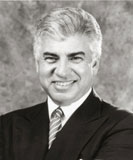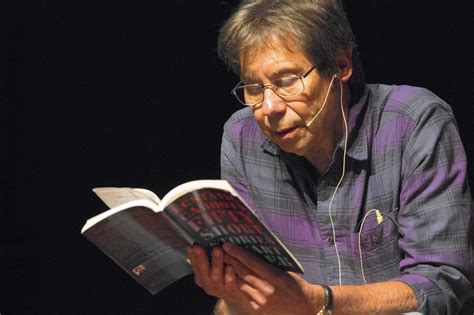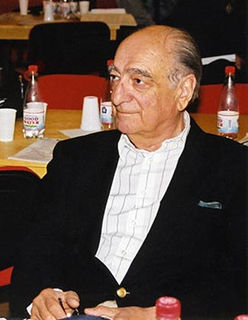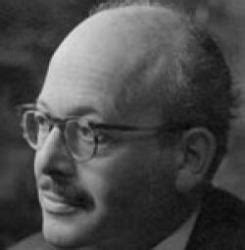A Quote by G. M. Trevelyan
Since history has no properly scientific value, its only purpose is educative. And if historians neglect to educate the public, if they fail to interest it intelligently in the past, then all their historical learning is valueless except in so far as it educates themselves.
Related Quotes
In an age when many of our citizens casually reveal information about themselves in social media wildly beyond anything imaginable only a decade ago, it would seem to be a useful exercise in civics to re-educate the public about the value and purpose of protecting against unwarranted government intrusion.
Most academic historians accept that historians' own circumstances demand that they tell the story in a particular way, of course. While people wring their hands about 'revisionist' historians; on some level, the correction and amplification of various parts of the past is not 'revisionism' as it is simply the process of any historical writing.
In 'Labor Day Hurricane, 1935,' Douglas Trevor vividly recreates a historical event. While that is the only story in A THIN TEAR IN THE FABRIC OF SPACE in the historical past, many of the other stories juxtapose fact-both historical and scientific-with narration to an engaging effect, one that distinguishes the voice of this new writer.
Fifty years ago, historians advised politicians and policy-makers. They helped chart the future of nations by helping leaders learn from past mistakes in history. But then something changed, and we began making decisions based on economic principles rather than historical ones. The results were catastrophic.
Whole great chunks of written history are of little value to the psychohistorian, while other vast areas which have been much neglected by historians - childhood history, content analysis of historical imagery, and so on - suddenly expand from the periphery to the center of the psychohistorian's conceptual world, simply because his or her own new questions require material nowhere to be found in history books.
Scientific and technological progress themselves are value-neutral. They are just very good at doing what they do. If you want to do selfish, greedy, intolerant and violent things, scientific technology will provide you with by far the most efficient way of doing so. But if you want to do good, to solve the world's problems, to progress in the best value-laden sense, once again, there is no better means to those ends than the scientific way.
Somebody puts up some weird thing and somebody else thinks yeah maybe that's the way things work and pretty soon you have some cult going. Its not the fault of the internet, it's the fault of a social and culture system that doesn't educate people properly and in fact on purpose. They don't want to educate people properly.
When teachers are forced to teach to the test, students get bored and genuine education ceases, no matter what the test scores may say… The examination as a test of the past is of no value for increased learning ability. Like all external motivators, it can produce a short term effect, but examinations for the purpose of grading the past do not hook a student on learning for life.








































